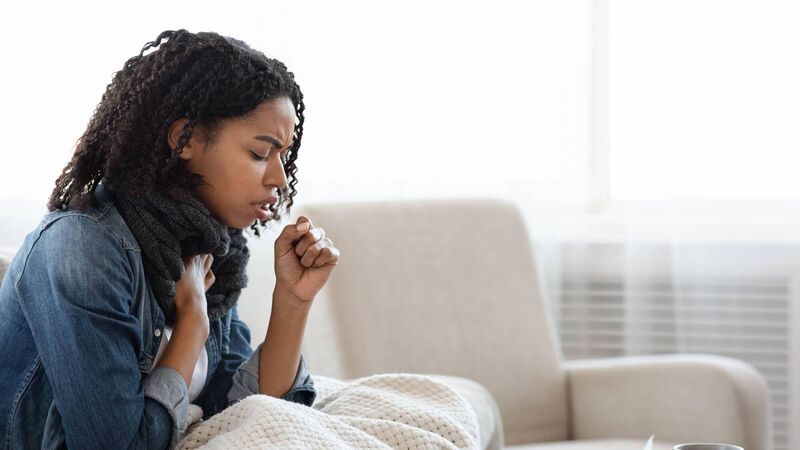Warning signs of cancer to get checked out

It is always advisable to get any new symptoms checked out by your GP. Picture: PA
ONE of the unforeseen impacts of lockdowns is that fewer people are going to the doctor to get unusual symptoms checked out — which means people could miss out on a vital early cancer diagnosis.
When it comes to your health, it’s always advisable to get any new symptoms checked out by your GP - but how can you tell if something’s not quite right?
We asked experts to explain a handful of signs to spot and speak to your doctor about...

“Weight loss isn’t linked to a specific cancer type but can be a sign that something’s wrong,” says Karis Betts, health information manager at Cancer Research UK.
“The weight loss will often be unexplained, so if you’re eating normally and aren’t more active, but are losing weight, it’s important to get this symptom checked out.”

In most cases, blood in your stools will likely be caused by haemorrhoids, ulcers or infections, but it can also be a symptom of bowel cancer.
“Look out for changes to your toilet habits,” adds Betts.
“This could be how often you go to the toilet, if your poo is softer or harder, and if it’s painful when you go to the toilet.”
Jane Murphy, clinical nurse specialist at Breast Cancer Now says: “Most breast changes won’t be cancer, however it’s important to get any new or unusual breast changes checked by the GP as soon as possible, as the sooner breast cancer is diagnosed, the better the chances of treatment being successful.
“The most common breast cancer signs and symptoms include a lump or swelling in the breast, upper chest or armpit. In some cases, you might feel the lump but not see it.”
Murphy says you should also look out for a change to the skin, such as puckering or dimpling, a change in the colour of the breast — the breast may look red or inflamed — or a change to the nipple.
Keep an eye on any unusual liquid discharging from either nipple, or changes in size or shape of the breast too.

Ongoing lumps or swelling in any part of your body should be taken seriously.
Keep an eye on your skin too, as a new mole or a change in the appearance of an existing mole can be a sign of melanoma.
“It’s not all about lumps or moles though,” says Betts.
“With skin cancer we try to be quite careful as a lot of skin cancers can present themselves differently, such as with lesions and ulcers, so it’s important to look out for any change to your skin.
“Certain types of cancers can appear in harder to see places too, like the soles of the feet or under the fingernails.”
Colds, flu and coronavirus can cause you to cough, but if you’re struggling to shake your cough, it could be a potential symptom of lung cancer.
If you start to develop a new cough, it’s really important to get a coronavirus test, so you know whether you need to isolate at home or not.
Betts says: “If your cough isn’t explained by a Covid test and it’s not going away, then it’s really important to get it checked out.”
There are more than 200 different types of cancer and each is treated in their own specific way. If you’re concerned about any unusual or unexplained symptoms, it’s advisable to speak to your doctor.
“These are just a few signs and symptoms and there are many more, so knowing and listening to your body is the most important thing. The bottom line is that you need to know what’s normal for you,” says Betts.
In many cases symptoms will not be related to cancer and will be caused by another health issue, but it’s always a good idea to rule it out.







 App?
App?


